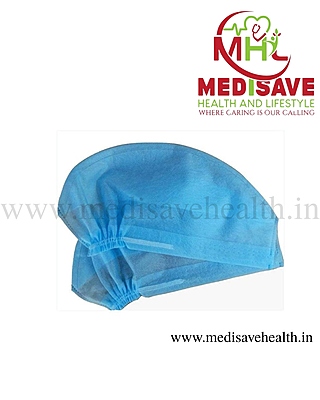Health Care Products
Medical products play a crucial role in hospitals and diagnostic centers, enabling healthcare professionals to diagnose, treat, and monitor various medical conditions. Some examples of medical products used in these settings include:
1. Blood collection tubes: Used for collecting blood samples for laboratory testing, such as CBC, chemistry tests, and blood typing.
2. Diagnostic equipment: Such as ultrasound machines, X-ray machines, and MRI machines, used for imaging and diagnosing medical conditions.
3. Medical disposables: Such as gloves, syringes, and needles, used for patient care and treatment.
4. IV fluids and administration sets: Used for administering medications and fluids to patients.
5. Point-of-care testing devices: Such as glucometers and portable analyzers, used for rapid testing and diagnosis.
These medical products are essential for providing high-quality patient care and ensuring accurate diagnoses. Hospitals and diagnostic centers rely on these products to deliver efficient and effective healthcare services.
Some key considerations for medical products in hospitals and diagnostic centers include:
- Quality and safety: Ensuring that medical products meet strict quality and safety standards to prevent adverse events and ensure patient safety.
- Regulatory compliance: Ensuring that medical products comply with relevant regulations and standards, such as FDA guidelines.
- Supply chain management: Ensuring a reliable supply of medical products to meet the needs of patients and healthcare professionals.
- Training and education: Providing healthcare professionals with the necessary training and education to use medical products effectively and safely.
By prioritizing quality, safety, and regulatory compliance, hospitals and diagnostic centers can ensure that medical products are used effectively and safely to deliver high-quality patient care.
Category
Colors
Brand
Loading...

























![Surgical face mask [3ply] Surgical face mask [3ply]](https://us.zohocommercecdn.com/product-images/2+%2838%29.jpg/2586261000961535115/400x400?storefront_domain=shop.medisavehealth.in)























